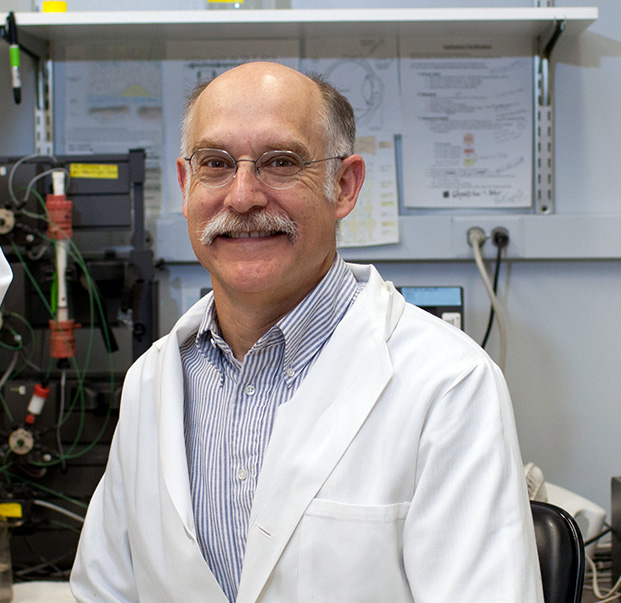Research Terms
Alzheimer's disease (AD) is characterized by early degeneration of cholinergic neurons, depletion of acetylcholine (ACh), and the accumulation of Aβ42 oligomers and phosphorylated tau proteins, all of which drive cognitive decline and neuroinflammation. Current treatments, such as cholinesterase inhibitors (e.g., donepezil, rivastigmine), only provide symptomatic relief by slowing ACh breakdown but fail to address the underlying neurodegeneration and disease progression. These therapies lack long-term efficacy and do not mitigate the mitochondrial dysfunction and chronic inflammation that exacerbate the disease.
Researchers at Florida Atlantic University have developed a novel gene therapy that directly addresses the underlying mechanisms of Alzheimer's disease. This innovation utilizes an AAV9 vector to deliver the choline acetyltransferase (ChAT) gene via noninvasive ocular administration, efficiently restoring ACh levels in the central nervous system. Unlike current treatments that merely slow ACh degradation, this approach replenishes the enzyme essential for ACh synthesis, reducing Aβ42 oligomers and phosphorylated tau proteins while improving mitochondrial function and mitigating inflammation. Preclinical studies in Alzheimer's mouse models have demonstrated significant cognitive and cellular benefits, and the therapy is currently in advanced stages of preclinical development, paving the way for future clinical trials.
FAU seeks to advance this innovation into the marketplace through licensing or development partnerships.
Cardiovascular disease remains the leading cause of death globally, with myocardial infarction (MI) and stroke representing critical emergencies that demand immediate and effective treatment. Traditional therapies, while lifesaving, often fall short in preventing the subsequent oxidative damage that occurs when blood flow is restored to the heart. This gap in care highlights an urgent need for innovative treatments that can mitigate the damaging effects of ischemia and reperfusion injury, thereby enhancing patient outcomes and survival rates.
Researchers at Florida Atlantic University have developed a novel class of drugs termed "resveramorphs". These bridged bicyclic compounds represent a significant step forward in preventing cardiovascular ischemia and reperfusion. By targeting the intricate mechanisms of ischemic and reperfusion injury, resveramorphs have shown promising neuro and cardioprotective effects in a preclinical model, suggesting their potential as therapeutic agents to prevent a heart attack.
FAU seeks to advance this innovation into the marketplace through licensing or development partnerships.
















